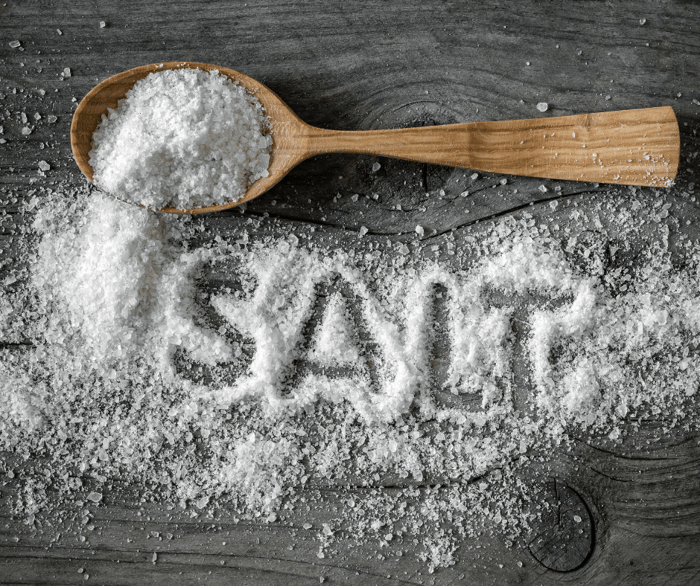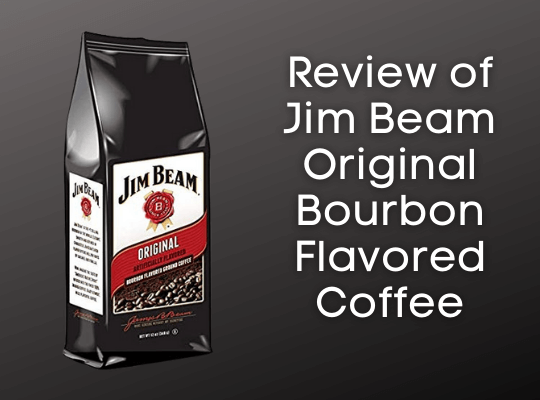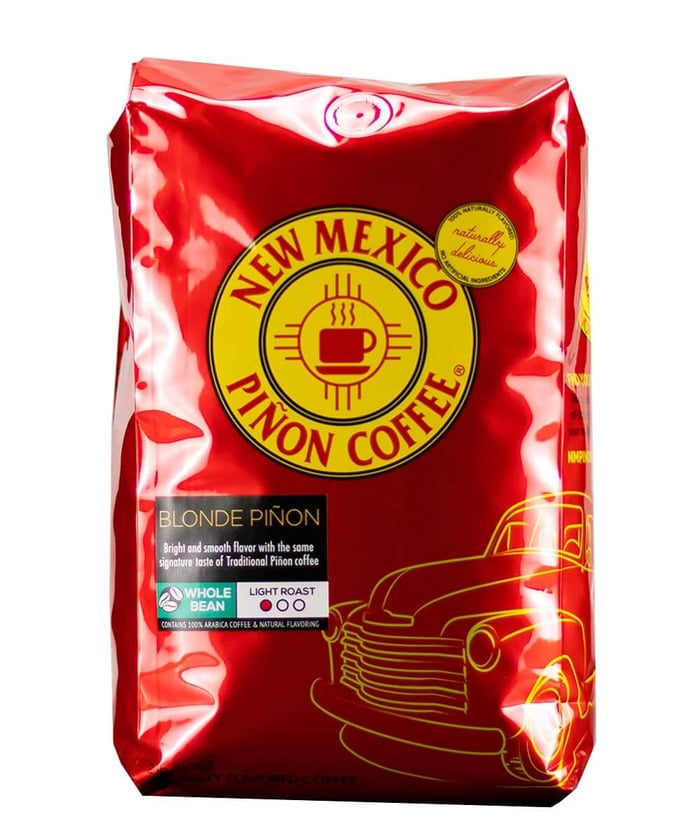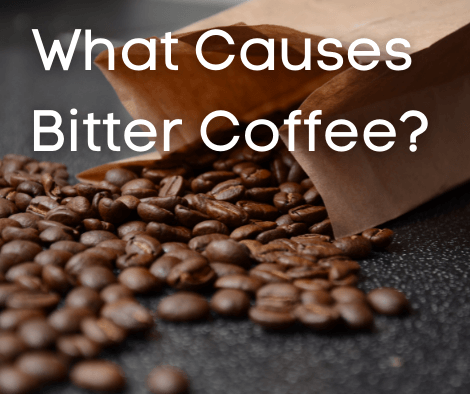Are Chemicals Still Used to Decaffeinate Coffee?
There are several ways to decaffeinate coffee. Among them is using Methylene Chloride, a chemical commonly used in paint thinners until the EPA banned its use in 2019.
You may also wonder if decaf coffee is caffeine free. While decaffeinated coffee removes most of the caffeine, it is not caffeine free which is important to know for those sensitive to caffeine. We will get back to this later in the article.
What is Methylene Chloride?
According to OSHA, "Methylene chloride, also called dichloromethane, is a volatile, colorless liquid with a chloroform-like odor. Methylene chloride is used in various industrial processes, in many different industries including paint stripping, pharmaceutical manufacturing, paint remover manufacturing, and metal cleaning and degreasing."
Yet in March of 2019, the EPA after heavy lobbying by health groups, finally banned the use of the chemical in paint thinners and coating removals. It is against US Law to sell or distribute methylene chloride for the use of paint removers.
What are the health concerns of Methylene Chloride?
Multiple deaths had been linked to the use of this chemical in paint thinners and other commercial uses. Fumes inhaled from this have been associated with the risk of liver toxicity, harm to the central nervous system, some cancers and even the possibility of heart attacks. It is considered to be a deadly neurotoxic solvent.
Now to be fair, the health risks stated above are related to it's use in paint thinners. There are not clearly linked risks in using the chemical to decaffeinate coffee, yet.
High intakes of decaf coffee has been loosely connected to increased chance of Rheumatoid Arthritis which may have some connection to the chemicals present in the beans.

Why is this chemical allowed in decaffeinating coffee?
Currently the FDA allows the use of Methylene Chloride in the process of decaffeinating coffee. Why? Well there is not enough evidence that this chemical causes health issues due to the small quantities remaining after the decaffeinating process.
However, as coffee experts, this is cause for some concern. Just because there is not enough evidence does not mean it is 100% safe. There once was not enough evidence that cigarettes caused harm in humans. That didn't work out well in the long run.
Lab test on animals showed that Methylene Chloride has caused cancer when used in cosmetics. The FDA has since banned it's use as an ingredient in cosmetics and banned it's use in cosmetic sprays almost 30 years ago.
Most common processes in used to remove caffeine?
Chemical Solvents:
- Solvent is added to coffee beans
- Solvent/beans are heated
- Caffeine molecules are stripped from the coffee beans
- Process continues until desired caffeine level is reached.
While most of the solvent will be removed a very tiny amount will likely remain in the beans.
Swiss Water Process:
- Coffee Beans are added to water containing coffee flavor molecules.
- Water is heated to allow entry into the "pours" of the bean.
- Caffeine is slowly extracted leaving flavor behind.
- Process continues for about 10 hours until almost 99% of the caffeine is gone.
Oddly enough this whole process happens in Canada and not Switzerland. Since the water used already contains coffee flavor molecules, only the caffeine will leave the bean.
There are zero chemicals used and even the water used comes from extremely clean sources like glacial runoff.
Why is this not the only way to decaffeinate coffee?
Well the simple answer is capitalism and the American desire for discount coffee. Remember the old saying, you get what you pay for? Well with decaf coffee the saying is typically going to be correct.
Volume manufacturers who produce massive amounts of coffee, grocery store discount brands, fast food chains and others who mass produce coffee at a cheap price will need to cut cost somewhere. For decaf coffee it will either be bean quality or decaffeination process used.
Which Brands Use Methylene Chloride or other Solvents?
We are not a coffee lab and this info can change daily. So we do not wish to list brands that are known to use these solvents. However Check Your Decaf has a great resource tool to check the currently known decaf process used. You may be surprised to see some big names on the list.
Which brands do not use chemicals?
Two brands we can recommend which are not on the above list and state they only use water process for their decaf are Tyler's Coffee and Cafe Altura. Tyler's Coffee is well known for being one of the first acid free coffees on the market which Cafe Altura is the first true all organic coffee company in the United States.
Are there any other processes to decaffeinate coffee?
Another process uses Carbon Dioxide (CO2) under high temperatures and pressure. It acts as both a liquid and gas as the carbon dioxide reaches into the bean as a gas and dissolves the caffeine like a liquid.
What percentage of caffeine is left with each process?
- Solvent method: 2-4% caffeine will remain
- Carbon Dioxide method: 2-4% caffeine will remain
- Swiss Water method: 1% of caffeine will remain
This shows that not only is the Swiss Water process much safer, it also removes the most caffeine from the coffee beans. This explains why Swiss Water decaffeinated coffee's will typically come with a higher price tag. However if you need to avoid caffeine or value your health the price may just be worth it.
Conclusion
The best part of the United States coffee landscape is the tremendous volume of coffee brands popping up all over. With health and safety becoming better understood in the foods we consume on a daily basis many of these newer brands have focused on clean or organic coffee options. While the old staples will continue to produce coffee that feeds their massive profits, the options are now out there for Americans to choose a safer decaf coffee option.
As a simple rule if you are unsure how your coffee is decaffeinated, Organic certified brands will not be able to use added chemical solvents in their decaffeinating process. Unfortunately, and shockingly, the FDA does not require coffee manufacturers to list what chemicals are used on their retail labels or even on their websites.
Want More Coffeed Content?
Daily Coffee Grind - Click Here
Coffee Reviews - Click Here
Coffee Brewing Guides - Click Here









